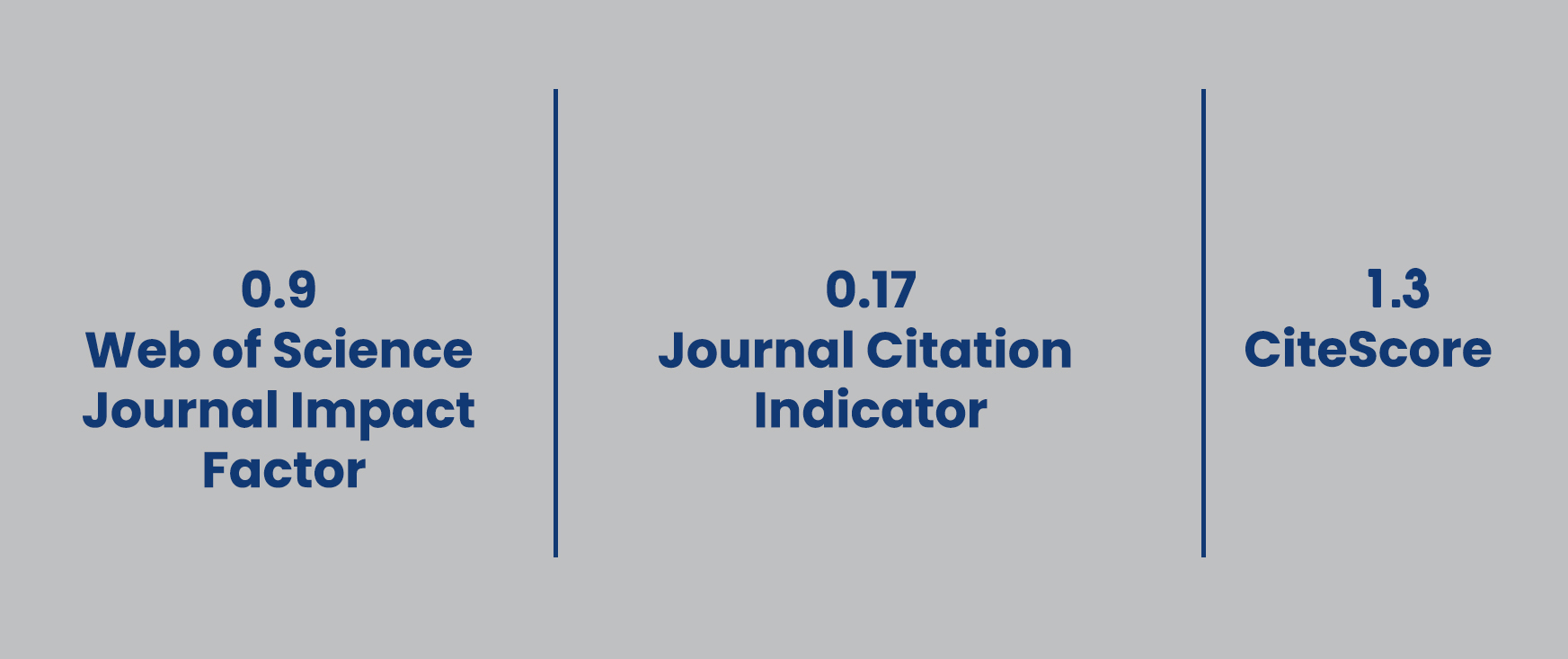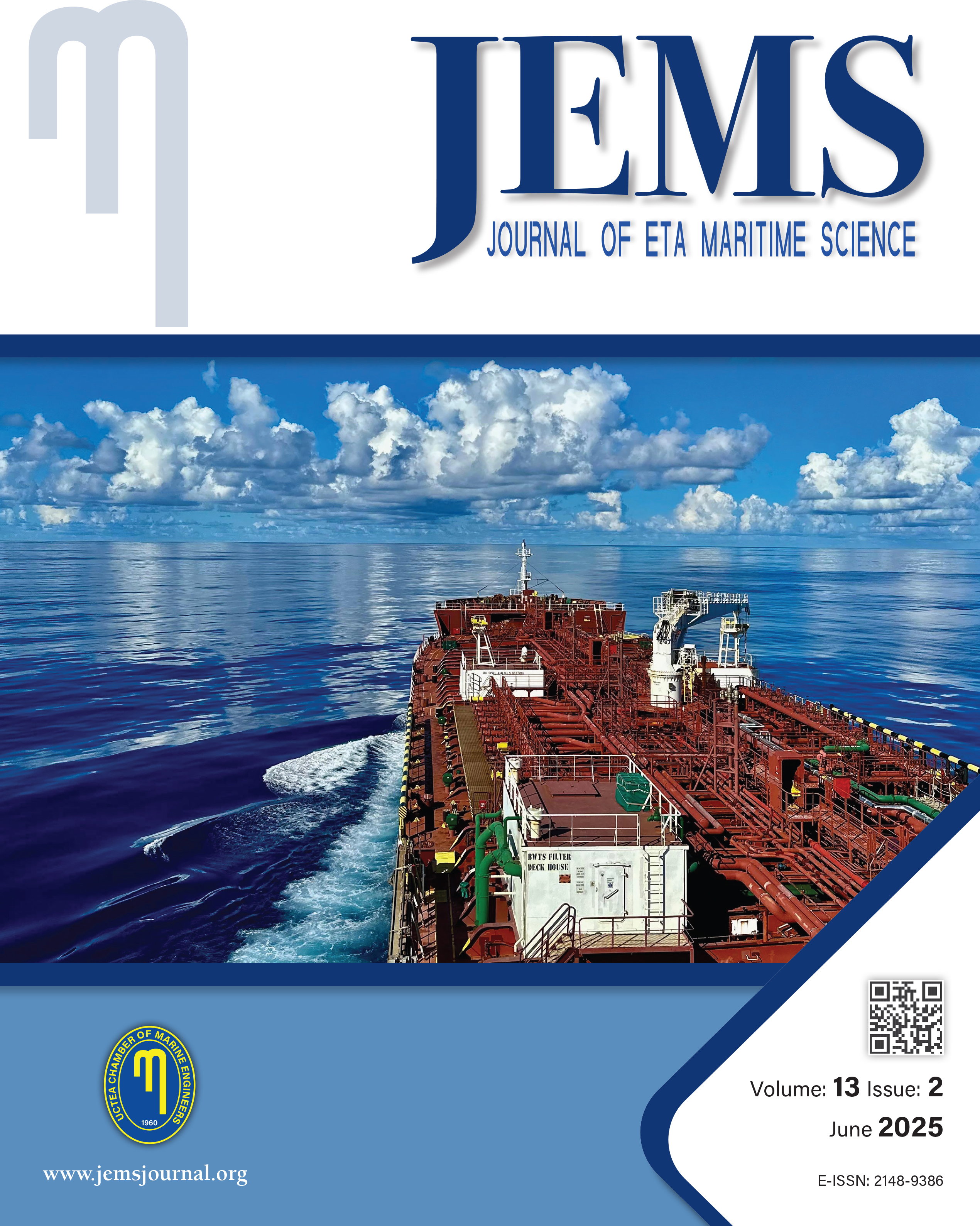

JEMS apply the Creative Commons Attribution NonCommercial 4.0 International Licence to all manuscripts to be published
Model Proposal for Future Estimates in Maritime Industry: The Case of Container Handling in Turkish Ports
Ünal ÖzdemirMersin University Faculty of Maritime, Department of Maritime Business and Management, Mersin, TurkeyFuture planning is difficult in several industries, including the maritime sector, especially with the current pandemic because of numerous active dynamic factors. Thus, this study aimed to determine the freight demand estimates based on the Twenty-foot Equivalent Unit-based monthly number of containers handled in Turkish ports by comparing the prediction accuracy and reliability of artificial neural network (ANN) models with various algorithms using the exponential smoothing and Box-Jenkins time series methods. The monthly container volume handled in Turkish ports between January 2005 and December 2018 was used, and augmented Dickey-Fuller tests were conducted with the EViews 5 software. Results from several tests revealed that the 12-time delay ANN model, which was developed with the original series, provided the highest accuracy. In this study, the demand forecasts for the container volume that would be handled in Turkish ports were conducted for the year 2022 with the developed model, and a methodological approach was presented for the forecast models in different maritime industry fields.
Keywords: Container, Maritime commerce, Artificial neural networks, Time series, TurkeyManuscript Language: English
(863 downloaded)










